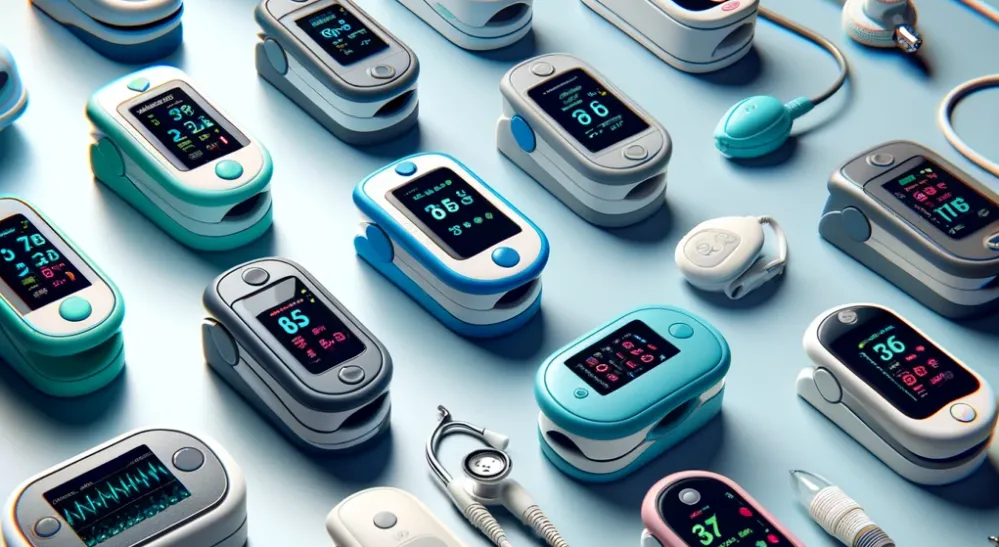If your throat is burning from acid reflux, you might have over-indulged in a spicy meal. But if it keeps happening, it could be a serious condition called GERD that needs medication or therapy to treat.
November 22-28 is GERD awareness week. GERD, which stands for gastroesophageal reflux disease, happens when stomach acid backs up into the esophagus. It creates an uncomfortable burning feeling in the throat or chest. It’s very common — two out of 10 Americans experience it. But it often goes untreated. This can lead to complications ranging from trouble swallowing to cancer.
GERD Symptoms
You’ve had a burning sensation after eating a large meal, which you might brush off as heartburn. But with GERD, the burning feeling and sour taste keep coming back. It might progress into a host of symptoms:
- Heartburn that gets worse at night
- Chest pain
- Trouble swallowing and hoarseness
- Chronic cough
- Disrupted sleep
Diagnosis of GERD
If you have mild acid reflux at least twice a week, or moderate to severe acid reflux at least once a week, see a doctor to rule out GERD. The doctor will do a physical exam and take a history of your symptoms. Tests may also be needed for a diagnosis:
- Upper endoscopy: The doctor inserts a thin tube with a camera down your throat to check your esophagus for inflammation. This may include a biopsy to look for pre-cancerous changes in the esophagus.
- Acid probe test: A monitor is placed in your esophagus to measure how much stomach acid is irritating your throat.
- Esophageal manometry: This test measures how well you swallow.
- X-ray: The doctor may X-ray your upper digestive system to see if your esophagus has narrowed because of GERD. This narrowing could make it hard to swallow.
Medications for GERD
The most commonly prescribed drugs for GERD are called proton pump inhibitors (PPIs). These drugs help block acid production in the stomach. They are strong, long-lasting drugs that give your esophagus time to heal from the frequent upwash of acid. They're very effective. It's estimated they heal inflammation of the esophagus in 90-94% of patients.
Common PPIs include Prilosec (generic name omeprazole), Protonix (pantoprazole), Nexium (esomeprazole), Prevacid (lansoprazole), Aciphex (rabeprazole), and Delixant (dexlansoprazole).
These drugs are prescribed for a range of gastrointestinal disorders. Don't stop taking them without checking with your healthcare provider.
Your doctor may also prescribe H-2 receptor blockers that decrease stomach acid. These are considered to be less strong than PPIs but still effective in many cases. They include drugs like Pepcid (famotidine).
Alternate Treatments for GERD
There are other treatments for GERD which your doctor can recommend. They may involve lifestyle changes. GERD happens when a muscle in the lower esophagus weakens or relaxes. This allows stomach acid to erode the esophagus. There are many things that can cause this:
- Obesity
- Pregnancy
- Hiatal hernia
- Eating fatty or fried foodsh
- Too much alcohol or coffee
- Taking certain medications
Your doctor may recommend therapy or life changes tailored to the source of your GERD.
Financial Help at RxLess
Medications can be expensive but also life-saving. At rxless, our mission is to help you afford the medications you need to maintain optimal health. If you’ve been prescribed medications for GERD, RxLess provides discounts to make them an affordable part of your daily routine.

















